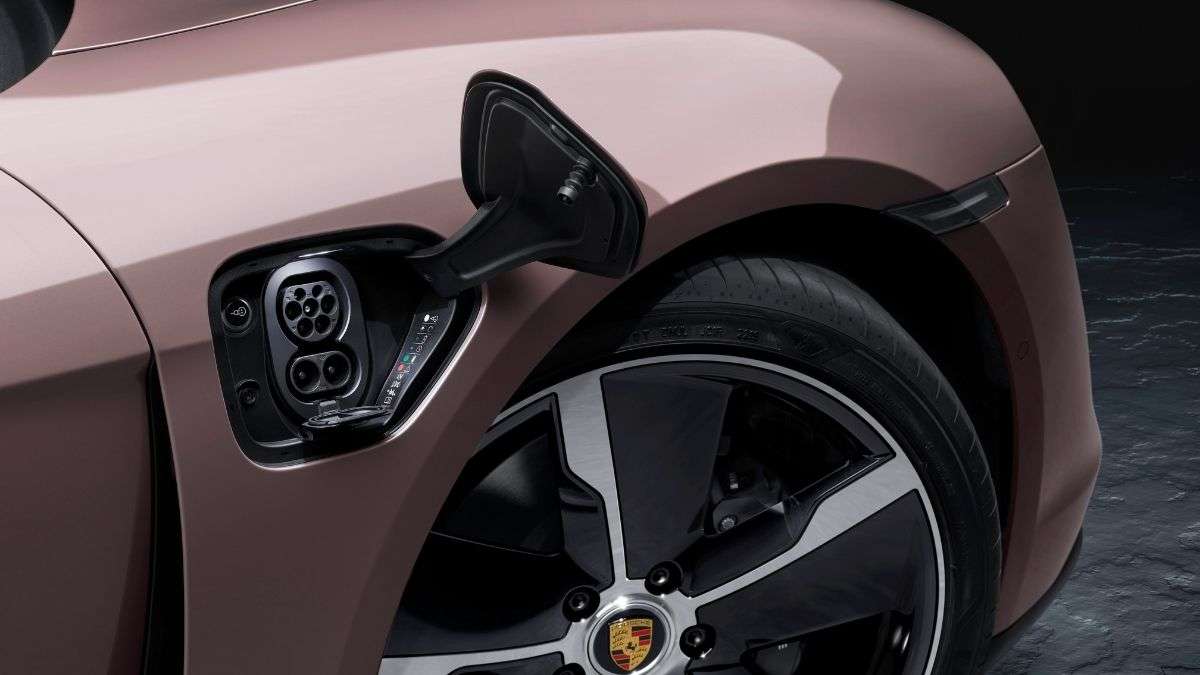Led by Porsche AG, a Series C funding round for EV battery company Group14 Technologies successfully raised US $400 million. Launched in 2015, Group14 claims its transformational silicon-carbon anode material battery technology will provide higher battery capacity and faster charging times of lithium-ion batteries compared to current graphite-based units.
Group14 CEO Rick Luebbe said the firm intends to use a portion of the funds raised to construct a second battery materials facility close to the company’s existing U.S. factory in Woodinville, Washington. Participants in the funding round included Decarbonization Partners, OMERS Capital Markets, and Riverstone Holdings LLC, among others, while previous investors in the startup include a number of EV battery sector companies such as BASF, SK Material, Cabot, ATL, and Showa Denko.
Why is Porsche investing in Group14?
Porsche is set to leverage the technology by having Group14 supply battery materials to Cellforce Group, an affiliate of Porsche AG. While the company currently only has one EV in the model lineup, the Taycan, it was announced in March that they anticipate 80% of Porsche’s global sales will be EVs by 2030. Cellforce Group has indicated they intend to start production of lithium-silicon batteries to be used in Porsche EVs, which means the Taycan as well as the upcoming Macan and 718 will benefit from the technology.
In a statement from Porsche AG, Deputy Chairman and member of the executive board of Finance and IT Lutz Meschke reported that “Our investment in Group14 is an important step for Porsche,” while also reminding shareholders and enthusiasts alike that “We have been actively investing in ambitious companies since 2016 and through our venture capital unit.”
What’s so special about this technology?
Group14’s technology is said to enable lithium-ion batteries to hold as much as 50% more energy, while using fewer cells compared to current graphite-based batteries. This means they can reduce the overall size, weight, and cost of the battery pack, while at the same time delivering improved fast charging performance. Group14 notes that it’s very simple for battery manufacturers to adopt the technology, with no new equipment or special training required. Luebbe suggests “All you have to do is have a slightly different recipe for what goes in that slurry mixture.”
What does this mean for the Taycan and future Porsche EVs?
Porsche’s Lutz Meschke put it best when he said, “The battery cells are the combustion chamber of the future.” Anyone familiar with automotive performance will tell you that vehicle weight has a huge impact on performance. As I mentioned recently in a discussion about the Performance Battery vs. Performance Battery Plus in the Porsche Taycan, some buyers are opting for the lower capacity battery pack. These performance enthusiasts are willing to sacrifice range in a bid to preserve the handling characteristics of the car.
Despite the popular notion that range is a significant factor in EV purchasing decisions, over time automakers may discover that maximum range is not the holy grail. As has been the case with ICE vehicles to this point, different consumers have different priorities, and there’s no reason to suspect that this won’t be the case as the number of EV makes and models expands in the years ahead.
This latest news is an encouraging sign that as the automotive world shifts away from fossil fuels and into electrification, creative minds are working feverishly to find ways to improve the technology. Range anxiety is a very real concern for those who travel off the beaten path, and many EV buyers find themselves making compromises for now. These are the kind of changes manufacturers will need to make in order to gain universal acceptance of EVs as a viable alternative to ICE vehicles.
Tom Bennett covers premium German automotive brand news at Torque News and has had a lifelong obsession with cars, spending more than his share of time in, around, (and frequently under the hood of) a wide variety of vehicles. His eclectic taste in cars has led to the ownership of a steady procession of vehicles from nearly every mainstream brand over the past 3 decades. After working in and writing about the foreign exchange industry for over 20 years, he is excited to be shifting gears to share his passion for all things automotive. You can follow Tom on LinkedIn and Twitter for daily automotive news.






Comments
I thought their next step was
Permalink
I thought their next step was solid state batteries. Is this an interim step?
Chuck